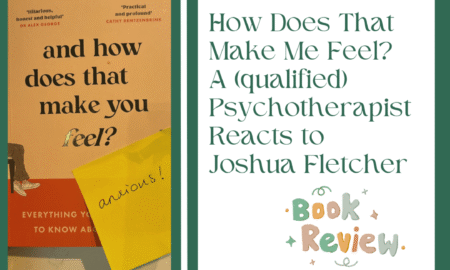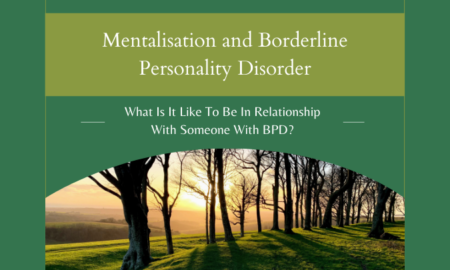Navigating Couples Therapy When Your Partner Isn’t on the Same Page

Deciding to seek couples psychotherapy can be a significant step toward improving your relationship. When you opt for the modality of Transactional Analysis (TA), it demonstrates your commitment to understanding and resolving issues in a healthy and constructive manner. However, what happens when you’re all in, but your partner isn’t on the same page? Challenges in couples therapy like this can be overcome and could be the start of sorting things out.
Open Communication
Start by having an open and honest conversation with your partner about your desire to pursue TA couples psychotherapy. Clearly express your reasons for wanting to do so and listen to their concerns and reservations. Encourage your partner to share their perspective, and try to empathise with their feelings.
Education and Information
Share information about TA therapy and what to expect with your partner. Provide resources, books, or articles that explain what TA is and how it can benefit couples. This knowledge might help alleviate some of their concerns or misconceptions about the therapy.
Respect Their Decision
It’s essential to respect your partner’s choice if they are not willing to engage in TA couples therapy at this time. Understand that therapy should be a mutual decision, and pushing your partner into it may lead to resistance and resentment.
Self-Work
While you may have initially sought therapy as a couple, you can still embark on individual therapy in the modality of TA. Working on your own issues can have a positive impact on your relationship, and your partner may eventually be inspired to join you.
Patience and Understanding
Remember that everyone progresses at their own pace. Be patient with your partner and try to understand their concerns. Encourage open dialogue and revisit the topic periodically, as their perspective may evolve over time.
Setting Boundaries
If your partner’s unwillingness to participate in TA therapy is causing significant strain on your relationship, it may be helpful to establish clear boundaries and expectations about how you’ll navigate these differences.
Seek Mediation
If your relationship issues are severe, consider seeking the assistance of a professional mediator or relationship coach. They can help facilitate communication between you and your partner and guide you toward mutually beneficial solutions.
Self-Care
While you’re waiting for your partner’s decision or working through your own issues, don’t neglect self-care. Maintaining your emotional and mental well-being is essential, regardless of your partner’s choices.
Ultimately, the decision to pursue couples psychotherapy in the modality of Transactional Analysis should be a joint one. If your partner is not initially open to the idea, it’s important to respect their boundaries and proceed with understanding and patience. Over time, with open communication and the right approach, they may come to see the benefits of TA therapy for your relationship. In the meantime, remember that self-work and self-care can still bring about positive changes within your partnership.
Photo by Priscilla Du Preez 🇨🇦 on Unsplash
You may also be interested in...

How Does That Make Me Feel? A (qualified) Psychotherapist Reacts to Joshua Fletcher
When I picked up this book, I expected a playful, tongue-in-cheek take on therapy. After all, as psychotherapists, we’re familiar with lines like: “Nothing can make you feel anything…

Is Time Really a Healer?
Pop Culture and Loss I recently finished the Netflix series One Day. (Spoiler alert—if you haven’t seen it yet, you might want to pause here and come back once you…

Finding Hope
Why Hope Matters on Difficult Days This morning the Happiful magazine newsletter landed in my inbox and the title of the newsletter was “It’s OK to look for hope”. It…

What is Mature Love?
Creating Meaningful Connections Mature love, what is it? I’m not talking about being 80 years old and holding hands on a walk through the park here. I am talking about…

What Do We Mean by ‘The Self’ in Psychotherapy?
Understanding the Concept of the Self The concept of "the self" is central to psychotherapy, yet it can feel elusive and abstract. As therapists, we often talk about self-awareness, self-development,…

In a Relationship with Someone with BPD?
Being in a relationship with someone who has Borderline Personality Disorder (BPD) can be emotionally intense and, at times, confusing. You may experience moments of deep connection, only to be…
Ready to Make a Change? Book an Initial Consultation Today
If you have any questions at all about therapy or would like to make an appointment, get in touch. I will usually be able to respond to you within 24 hours.
